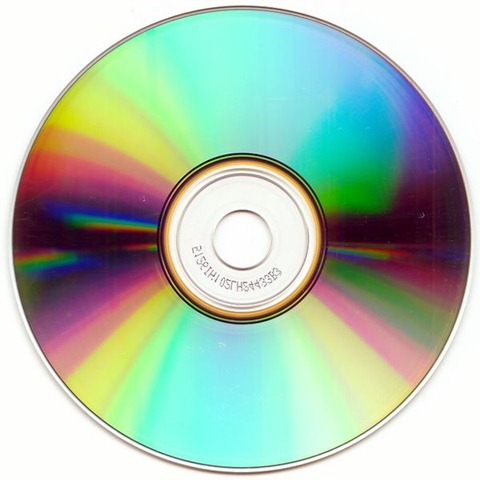 I mentioned yesterday that as part of the Copyright Office’s 3-year DMCA exemption hearings, the office would hear arguments on whether to permit cracking the CSS encryption on DVDs. Although it doesn’t directly have anything to do with e-books, I found this coverage by Ars Technica/Wired of the CSS issue interesting enough to bring up in a general DRM-related sense.
I mentioned yesterday that as part of the Copyright Office’s 3-year DMCA exemption hearings, the office would hear arguments on whether to permit cracking the CSS encryption on DVDs. Although it doesn’t directly have anything to do with e-books, I found this coverage by Ars Technica/Wired of the CSS issue interesting enough to bring up in a general DRM-related sense.
As with the last go-round, one of the proposals was to allow filmmakers and other clip-users to decrypt DVDs so as to excerpt clips for use in films and for other fair uses. This use was authorized last time, but since the proposals have to be re-argued every three years it is being requested again. However, a related proposal, made for the first time, aims to allow the general public to be authorized to copy their DVDs.
Needless to say, the movie studios were not pleased:
Clarissa Weirick, the general counsel of Warner Brothers Home Entertainment, testified against all the decryption measures.
"If we didn’t have access controls, there might be the same kind of mass piracy we’ve seen with unprotected music," Weirick said about the copying of DVDs, a proposal put forth by digital rights group Public Knowledge, which did not attend the hearing.
Do they seriously think that forbidding cracking the DRM under the law is going to deter piracy?
There are already tools available now that are completely legal in their places of origin (for example, Handbrake and VLC from France) that allow the unauthorized ripping or viewing of DVDs. And once they’re downloaded, there’s no way for law-enforcement to know who’s breaking DRM behind their own closed doors, unless they get caught as a result of uploading pirated content. That horse is already out of the barn. It’s futile—it’s downright stupid—to try to keep that barn door locked. How can movie piracy possibly get any more “massive” than it already is right now?
And then there’s this gem:
[Studio representatives] said that there is no need to grant the public the right to make copies of their DVDs because the studios are streaming and selling movies online now, and that the public does not own the movies they buy on DVDs. They own the license to play it on a DVD, they argued.
I’m really sick of being told I don’t “own” the media I buy—whether that media is DVDs or e-books. Yes, I know I don’t “own” it in the sense of owning the rights to give people copies or display it in public. We’ve never had those rights, even when media were made available in easily-copyable analog formats. But we still had the fair use rights to make backup copies or make other transformative, non-piratical uses. That was how fair use worked: we were understood to have certain legal rights as regarded the content we bought.
Now, all of a sudden, since media are digital and corporations can be more restrictive (thanks to the laws they bought against breaking DRM), we don’t “own” our media, we’re just buying the rights to use them in the ways the company says we can, which are significantly more restrictive than fair use precedent allows?
Of course they want to make us have to pay for the same piece of film multiple times. Why should they let us rip a movie for free, as we’d be legally able to do without the DMCA, and indeed as we are able to do for unencrypted CDs, when they can sell us a separate digital download of it and make more money? This is a complete joke, and if it weren’t that the laws tend to be interpreted to the benefit of corporations with lots of money rather than consumers, it would never have survived this long.
Since big corporate money’s voices tend to speak louder than consumers’, I’m not holding my breath for those broader legal exemptions to be granted this year—though I expect any that already have been will remain in effect if argued for again. It will probably be a while before the Copyright Office can be convinced to take consumers’ side in this matter. Which is a pity. But given that it’s unlikely anybody will ever find out that a random person is breaking DRM in the privacy of his own home, it may not mean much either way.

































It means a lot to the studios to keep it illegal. Because then only a minority will find the tools to do it, and they’ll be able to keep on selling their downloads to the vast majority.
If it became legal to rip DVDs, the facility would appear in iTunes, and everyone would do it.
It’s nothing to do with preventing piracy, and all to do with preventing fair use.
DRM has never been about preventing or staunching piracy. It has always been about creating a more even revenue stream that will eventuate in a pay per view/use model. This is the goal that we are all being herded toward.
Will the herd suddenly realize that they don’t want to go there and stampede? Probably not but it does occasionally happen.